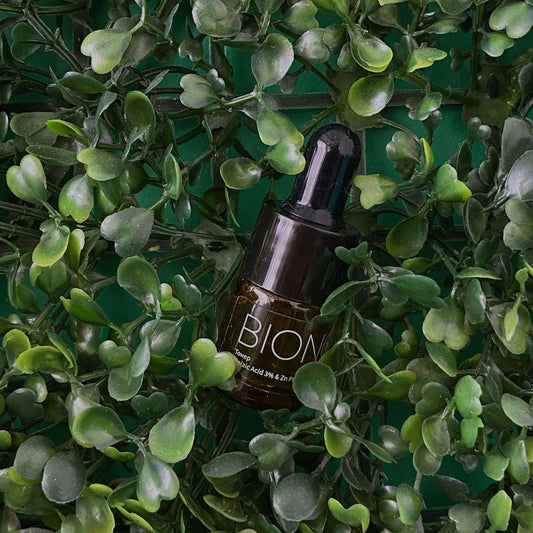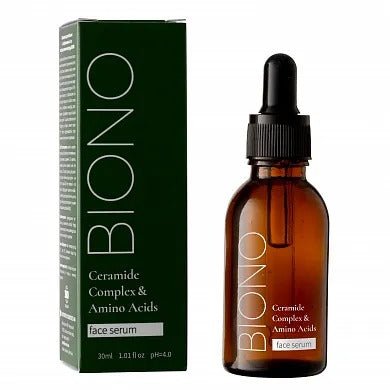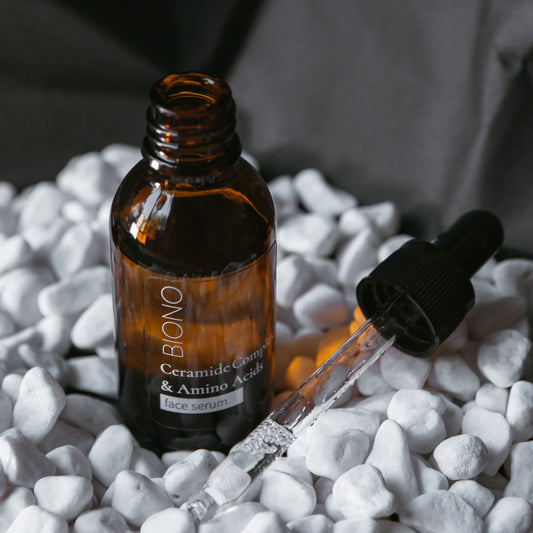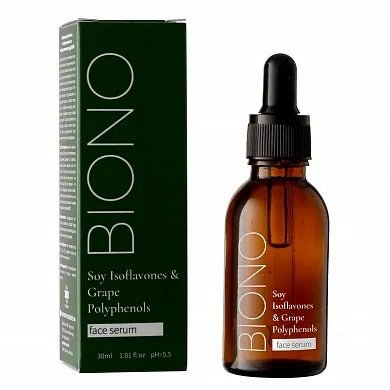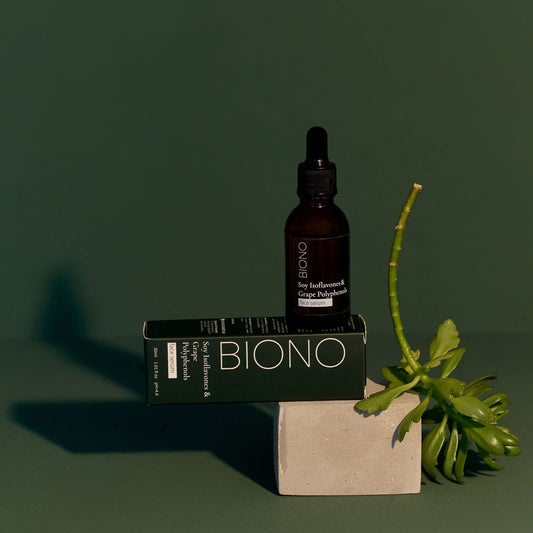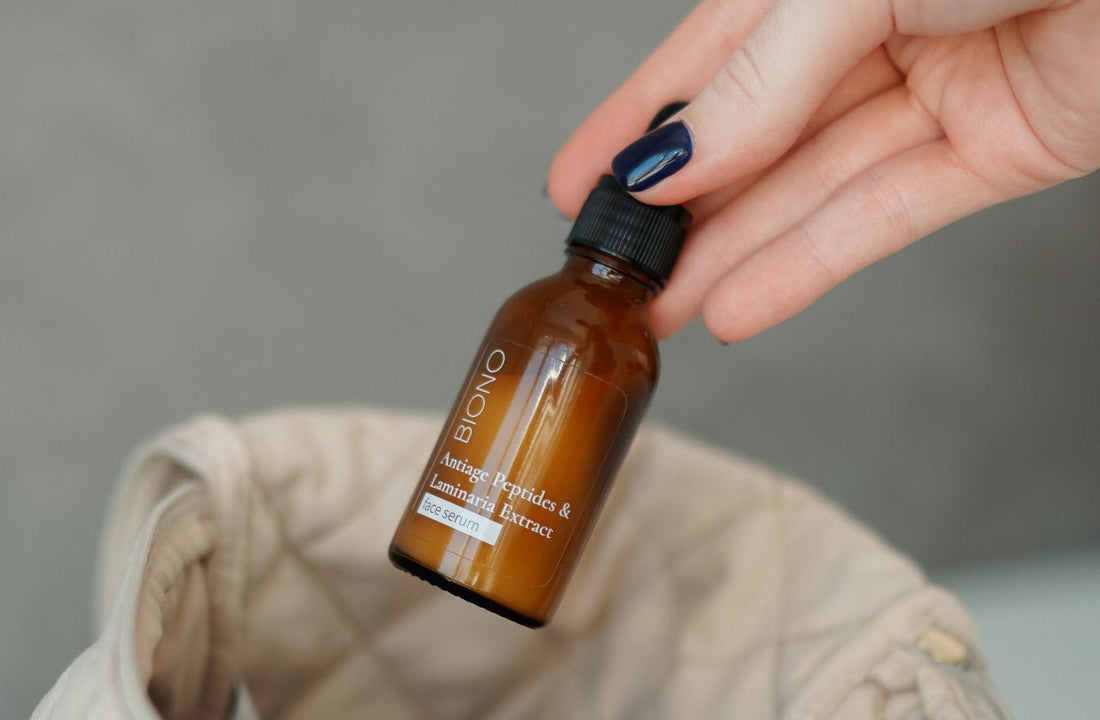
Retinol Alternatives: Gentle Anti-Aging Care Without Irritation
Retinol is rightfully considered the gold standard in anti-aging skin care. It stimulates cell renewal, fights wrinkles, pigmentation, and improves skin texture. But it also has a downside — irritation, dryness, peeling, and increased sensitivity to the sun. That’s why there’s a growing interest in retinol alternatives — ingredients that have a similar effect but without the harshness. In this article, we’ll look at the best plant-based and synthetic retinol alternatives that are suitable even for sensitive skin.
Retinol Alternatives: What They Are and How They Work
Retinol alternatives are ingredients that have a similar effect to retinoids, but are much milder. They do not cause irritation, do not dry the skin, and do not increase its sensitivity to sunlight. These can be either completely natural raw materials - for example, bakuchiol or plant extracts - or modern scientific developments, such as retinaldehyde or certain peptides. The main purpose of such components is to support cell renewal, stimulate collagen production, and improve the overall condition of the skin without the risk of side effects.
The use of retinol alternatives is relevant for many: for sensitive skin, during pregnancy, in the summer, or simply when you don’t want to go through a period of adaptation to strong active ingredients. They act gradually, but provide a lasting effect — reducing wrinkles, improving tone, increasing elasticity. In addition, they can be easily combined with other care components without fear of formula conflict.
These ingredients work great as part of a comprehensive skincare regimen . They’re often included in day creams, serums, and even cleansers, allowing you to maintain the effectiveness of your daily routine without aggressive intervention. The result is skin that looks well-groomed, healthy, and radiant—all without the stress that often accompanies using classic retinol.
Bakuchiol — a plant-based alternative to retinol without side effects
Bakuchiol is an active ingredient extracted from the seeds of the Psoralea corylifolia plant. It is not a derivative of vitamin A, but has similar properties: it stimulates cell renewal, increases skin elasticity, reduces pigmentation and improves overall tone. At the same time, bakuchiol does not cause irritation, so it can be used even for sensitive or couperose skin.
Studies have shown that regular use of products containing bakuchiol provides a noticeable anti-aging effect without dryness or flaking. It is often included in serums and creams for evening or day care.
Bakuchiol also does not make the skin sensitive to ultraviolet light, so it can be used both morning and evening - unlike retinol, which is recommended for use only at night.

Peptides — gentle collagen stimulation and skin firming
Peptides are short chains of amino acids that “communicate” with skin cells, triggering natural regeneration processes. Some peptides have an effect similar to retinol: they stimulate collagen synthesis, increase elasticity, and reduce fine wrinkles.
Peptides do not cause irritation and are suitable for long-term use even on sensitive, dry or dehydrated skin. Their advantage is compatibility with most cosmetic ingredients: hyaluronic acid, ceramides, niacinamide.
Peptides are often found in serums, creams, and eye products, and are a must-have for anyone looking for gentle yet effective anti-aging care without retinol.
Niacinamide — vitamin B3 with anti-aging and soothing effects
Niacinamide is not a direct analogue of retinol, but it performs many similar functions. It improves the skin's barrier function, reduces pigmentation, increases elasticity and reduces inflammation. It is an ideal option for those looking for gentle care without side effects.
This ingredient is often combined with zinc or acids to combat acne, but in higher concentrations (5–10%) it has a noticeable anti-aging effect. At the same time, niacinamide does not cause peeling or irritation, and does not make the skin sensitive to the sun.
Niacinamide is suitable for daily care: in the morning as antioxidant protection, in the evening to even out skin tone and texture.
Vitamin C — brightening, antioxidants, and collagen stimulation
If you want anti-aging benefits with minimal risk of side effects, consider vitamin C. It has antioxidant properties, stimulates collagen production, and brightens the skin. It is often considered a good alternative to retinol, especially for morning skincare.
Vitamin C products even out skin tone, reduce hyperpigmentation, and add a natural glow. This is ideal for those struggling with acne scars or age-related skin discoloration.
Vitamin C should be used with SPF protection, because although it does not directly increase photosensitivity, the sun reduces its effectiveness.
Natural alternatives to retinol: gentle care without irritation
Retinol isn’t the only ingredient that can trigger skin renewal. Natural alternatives to retinol are a great choice for those who want anti-aging benefits without the risk of irritation, dryness, or redness. These ingredients include bakuchiol, plant extracts, enzymes, and oils high in antioxidants.
Bakuchiol is one of the most studied plant analogues of retinol. Its action is based on the stimulation of collagen production and skin cell renewal, but without the irritating effect. It is ideal for sensitive skin, as well as for those who are not ready for classic retinoids. Bakuchiol can be used even in the summer without fear of photosensitivity.
Other gentle botanical ingredients such as Centella Asiatica, Rosehip Seed, Algae Extract and Fermented Oils support the natural renewal of the epidermis, reduce pigmentation and even out skin tone. This comprehensive care is the ideal solution for those who want anti-aging benefits without stressing the skin.
Retinaldehyde — a new generation of mild retinoids
Among the vitamin A derivatives, retinaldehyde (retinal) is considered the most balanced in terms of effectiveness and tolerability. Its molecule is activated in the skin faster than retinol, but at the same time causes fewer side effects. It is the optimal alternative to retinol for people who are afraid of or cannot tolerate classic retinoids.
Retinaldehyde is clinically proven to help reduce wrinkles, sagging skin, and dullness. It not only stimulates cell turnover, but also works as an antiseptic, reducing breakouts and inflammation. This is especially important for those who are prone to adult acne.
It can be used 2-3 times a week in the evening, combined with moisturizing ingredients. Unlike retinoic acid, retinaldehyde does not require a long adaptation period, making it a comfortable entry point into the world of retinoids.

When to Choose Gentle Alternatives to Retinol: Tips for Beginners
Not everyone is ready to immediately introduce active ingredients into their routine - especially when it comes to skin prone to irritation, dryness or reactions. Gentle alternatives to retinol are a safe option for those who want results without the risk. They are suitable for the first experience with anti-aging care, the periods between seasons or simply for skin that does not tolerate classic retinol.
It is worth starting with products with bakuchiol, niacinamide or retinaldehyde in minimal concentrations. They will provide a gradual effect, improve skin tone, reduce fine wrinkles and age spots, but will not cause stress to the epidermis.
Plus, many gentle alternatives can be used during the day, simplifying your routine and reducing risks. And when combined with proper hydration and daily SPF, your skin will be fully protected and supported on all levels.
Retinol Alternatives for Sensitive Skin: What to Look for
Sensitive skin is most likely to react to retinol with redness, itching, and peeling. Therefore, it is important to choose ingredients that are not only effective, but also gentle on the epidermis. In addition to bakuchiol, peptides, and niacinamide, you should pay attention to ingredients such as aloe vera, centella asiatica, and ceramide complex.
These ingredients help restore the skin barrier, reduce sensitivity, and at the same time gently combat the signs of aging. They are often included in dermatocosmetics aimed at restoring and soothing.
For sensitive skin, you should choose multifunctional products - for example, serums that simultaneously have a soothing, moisturizing, and anti-aging effect.
Reviews of gentle alternatives to retinol: what users say
Retinol alternatives are receiving increasing positive reviews, especially among those with sensitive, dehydrated, or reactive skin. Users report improved skin tone, reduced pigmentation, and gentle wrinkle smoothing without flaking, irritation, or dryness.
Most reviews refer to the stable and comfortable action of bakuchiol, retinaldehyde, niacinamide and peptides. Instead of an aggressive effect, they provide a gradual but stable effect that is maintained with regular use.
What is particularly appreciated is the fact that the soft forms can be easily incorporated into your daily skincare routine – without any adaptation period or seasonal restrictions. This makes them a popular choice for anti-aging care without stressing the skin.
Conclusion: effective care is possible without retinol
Retinol is not the only way to healthy, supple, and youthful skin. There are many alternatives to retinol that are gentle but effective: bakuchiol, peptides, vitamin C, niacinamide. They can be combined, adapted to your skin type, and included in your skincare routine without fear of irritation. This is especially important for sensitive or reactive skin, where gentleness is a top priority. Choose products that work at your pace — without stress, but with real results.


